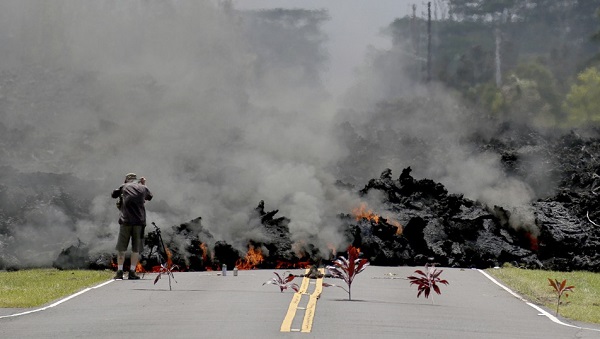Metaphors v, We use sports terms all the time
Sunday, August 12th, 2018[ by Charles Cameron — I’m not the only one thinking sports metaphors are important, though I’ve been collecting a whole lot more examples ]
.
**
There’s a NYT article — We Use Sports Terms All the Time. But Where Do They Come From? — as you see, tucked away in the Sports section, which I’d really like to transport over here whole, because it’s a sports metaphor article, not a sports article, and sports metaphors are a specialty du maison here at ZP.
Let’s see if I can ferret out the gist:
We’re talking about sports idioms, those everyday phrases ingrained in our lexicon, handed down from generation to generation. We use these terms all the time, without really knowing where they came from. Some of their origins are pretty clear: front-runner, on the ropes, the ball is in your court. But there are many others whose provenances are not so apparent.
The world of sports is a particularly fertile ground for such terms, said Katherine Connor Martin, head of U.S. dictionaries at Oxford University Press. “Sports are written about and discussed a lot, and so have generated a great deal of colorful, specialized vocabulary. And competition exists in many other spheres of life, so sports terms are well suited to be borrowed into other domains, such as business or politics.”
**
**
As I’ve suggested, the whole piece is a rich trove of materials for the sort of exploration I’ve been working on. Just a few minutes ago, as it happens, I heard someone on TV say in regard to the 2020 presidential election:
If Michael Avenatti wants to throw his hat into the ring, great.
As it happens, throwing one’s hat into the ring is one of the examples the NYT piece explores a little deeper. Their example:
In The New York Times: Mr. Mahathir threw his hat in the ring in the recent national elections. Opinion, May 12.
Their comment:
Back in the days when boxing was a quasi-legal, rough-and-tumble affair, fighters and even spectators who had an interest in getting into a bout would signal it by tossing in a hat. It’s mostly used now in the rough-and-tumble field of politics to announce that one is running for office.
Its first use, according to the Oxford English Dictionary, came in The London Times in 1804, in its literal sense: “Belcher first threw his hat into the ring, over the heads of the spectators.”
Throwing in the towel would be, I suppose, the equal and opposite phrase..
**
Other examples they went into in similar detail:
Wild-Goose Chase
We need to get a little lost, pursue “productive and instructive disorientation, distraction, wild-goose chases, dead ends.” Book Review, June 4.
Throw in the Towel
Anthony Barile, the owner of this wood-oven veteran where other pizza-makers honed their skills, said he was tired and throwing in the towel after nearly 26 years. Food, March 27.
Out of Left Field
It was so out of left field and something so different than anything I’ve done. Movies, July 6.
Hands Down
Sue is, hands-down, the best at this. I would marry her in a minute. Television, June 21.
Wheelhouse, Strong Suit, Forte
One of the many subspecialities within Wright’s wheelhouse is Italian glass. Arts, April 17.
and so forth, Back to Square One, Across the Board, and my favorite as a Brit:
Sticky Wicket
But ad-driven nostalgia is a sticky wicket. Australia, Feb. 7.
**

**
That last quote, under the Sticky Wicket header, was from Australia, a little far from New York. The writer Victor Mather writes, almost as an apology for straying so far afield:
“Cricket is the U.K.’s baseball,” when it comes to the lexicon, Ms. Martin said. It’s beyond our purview to get into British English too deeply here; there are British alternatives for many terms in American sports.
I don’t know, however, that any American can suggest a baseball term or phrase as beautiful as the British cricketer’s triple pun:
Over and out.













